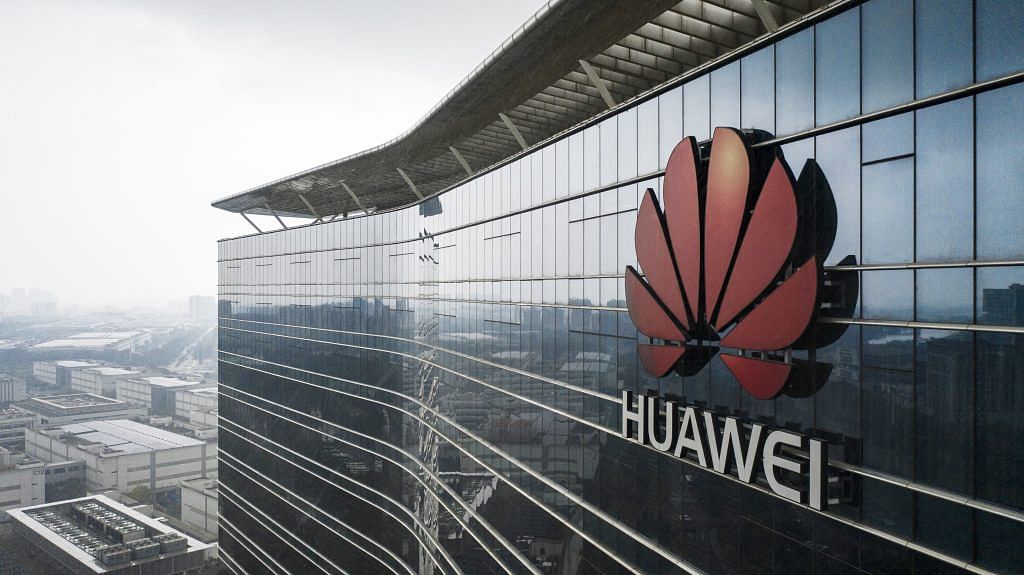There is a new cold war and it is all about Huawei. The opening salvos have been fired by the US against Huawei and its executives, seen as proxies of China. And the US allies, such as Japan, Australia and New Zealand, are following suit. As this ‘tech cold war’ heats up, India is the ground zero.
The reason is straightforward. India has the world’s largest potential digital market but lacks national tech champions who can adequately exploit it. This makes India the prime target for both American and Chinese tech companies. In such a global scenario, what can the new Narendra Modi government do to safeguard India’s own interests?
First, it should carefully evaluate how India’s positioning on tech issues could affect both its diplomatic standing and domestic considerations. The ideal position would be one of tech non-alignment, wherein India can take advantage of what both the ecosystems have to offer while building domestic capabilities. This is, however, easier said than done.
Also read: ‘Chinese spy’ charges not an issue, Huawei is in the thick of 5G events in India
Hereon, every policy decision will involve trade-offs between different policy aims. For example, if India were to prevent Huawei, about which a number of Indian commentators have expressed reservations, from entering its 5G market, then it is highly possible that the rollout of a nation-wide 5G network will not only be delayed but may also be significantly costlier, pushing up data rates and thereby potentially reducing access to high-speed internet.
However, such a step would undoubtedly protect vital national interests by preventing any possible unwanted transfer of Indian data to China through backdoors built in Huawei equipment. This would also bring India diplomatically closer to the United States.
In this specific case, there are two equally important policy aims that the government will need to balance – providing cheap and easily accessible high-speed, which is vital for provision of public services; and safeguarding national interests, especially in terms of securing national data. Such trade-offs will become routine in all tech spheres, and the Indian government must start articulating clearly which policy aims it prefers and why.
Second, it is vital to upgrade the state regulatory systems, especially in the area of competition law, and sync them with the new digital age. The data economy’s network effects lead to natural monopolies – American jurist Lina Khan calls them ‘industrial monarchs’. There can be only one Facebook, one Amazon, and one Google. Their closest competitors are no competition.
Also read: ‘It’s a big joke’: Huawei founder unfazed by US blacklisting, says company will survive it
Undoubtedly, the services provided by these companies have benefited consumers immensely, but their increasing stranglehold on the digital economy has raised questions about their utility and the possible negative effects on states and societies. While much of this discussion is currently taking place in the US and Europe, it is necessary for Indian regulators to start engaging with these issues.
For India, the monopolisation of the digital space is complicated by an additional factor – none of these companies are Indian or are seemingly answerable to Indian authorities.
This brings up a related third point. The issue of data protection and cross-border data flows. Data is at the heart of everything. It is central to the power of Facebook and Google, and holds the key to the promised AI revolution.
Countries, including India, have started recognising this, which has led to a global knee-jerk reaction in the form of increased policy emphasis on digital fencing and data localisation. While this might come from a place of benign intentions, the implications of such policies are not necessarily so. In the formulation of these policies, there seems to be a wilful conflation of personal data and ‘national data’. Personal data is the data that individuals generate. National data is understood as the aggregate data of a nation, or data generated within that country and by its citizens. Although related aggregation of personal data adds up to national data, the policy requirements for the protection of each are different.
Also read: Huawei customers worry: Will my phone work without Google?
Data localisation may be able to protect national data and prevent unwanted cross-border data flows, but it does not necessarily protect personal data. Data localisation should not override the requirement for robust domestic data protection laws, but it may be a part of the larger data protection architecture.
The old vision of a free and open digital space is dead, buried under the weight of realpolitik and the pulls and pressures of the society. In an age where the digital realm is becoming increasingly important but also fragmented, India is poised to become the most important battleground for the clash between the American and Chinese tech ecosystems.
Such a situation could be exploited to India’s advantage, if prudent policies that reflect an understanding of the country’s unique position in the global tech space are adopted.
The author is a Master’s candidate at The Fletcher School, Tufts University. He was previously a Research Analyst with Carnegie India.
